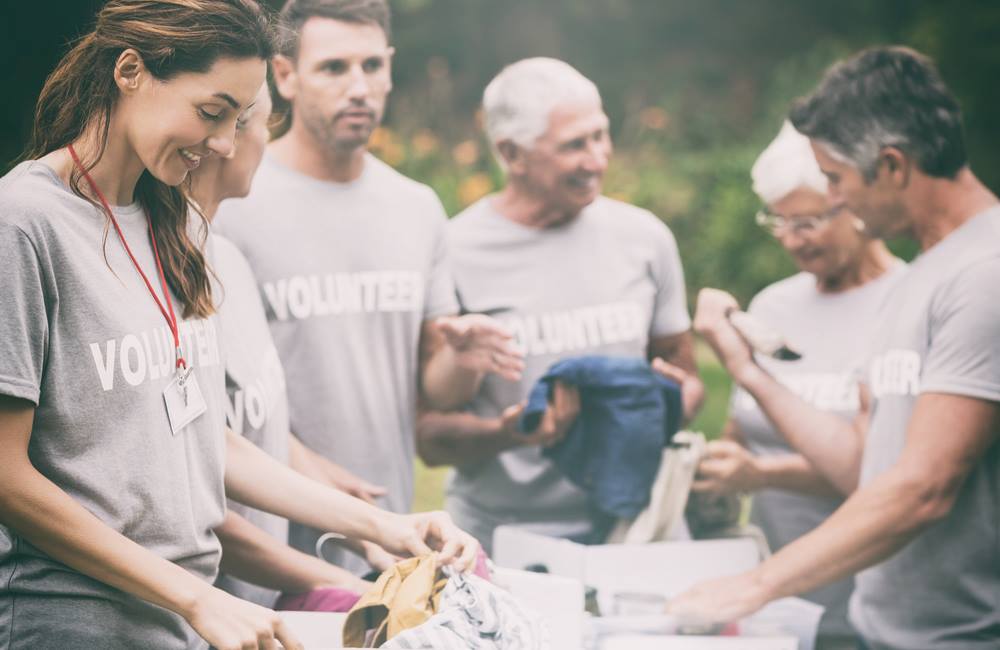
Putting together a community event is much easier if you set a plan to follow before you even start. Suggestions for planning a community event include setting an event goal, getting the basics set early, delegating authority, finding good vendors and sponsors, renting exciting entertainment and getting everything set up early.
You’ll also want to thank everyone afterward. Oh, and remember to have fun!
Here’s a closer look at 10 steps to planning a successful community event.
What’s the Goal?
Before taking the first step in event planning, make sure you and everyone else involved has answered these two questions:
- Why are we organizing this event?
- What goal do we hope to achieve with this event?
Having a clear consensus on the answers to these two questions makes every step of planning that much easier. Also, an important factor is to know what success will look like. Are you trying to raise a certain amount of funds for a project? Or are the number of people who attend the event the goal? You can’t succeed without knowing what constitutes success.
Set the Basics
You need to pick a solid date and starting time, as well as location. Make sure to have a backup location in case of rain. Now is also the time to make a budget for what you will spend, define the number of guests you are inviting and plan how you will market the event.
Delegate
No one can run a community event on their own. From the earliest stages, bring in people to help with setting up the event. Assign individuals or teams with the duties that match their skills. These can include venue management, hiring speakers, planning entertainment, handling marketing and publicity and overseeing volunteers.
Set Up With Vendors
Get all the contracts signed with vendors early. Make sure you understand what they do and do not do, so you can make a “to-do list” of your own in relation to the venue, food set-up, entertainment set-up, etc.
Find Partners and Sponsors
In every community, there are businesses and community organizations that may want to sponsor your event. Partnering with them can help lower the cost of the event. This also can help with the following area – getting the word out on your event. If sponsors have a stake in the event’s success, they can provide help in this area. They may also help staff your event.
Publicity
Whoever oversees publicity should also make a plan at the earliest possible date. Marketing a community event is very important. It doesn’t matter if you have put together a great community event if no one knows about it. Marketing the event should include a website, social media and advertisements in local businesses and community centers.
Entertainment
You’ve got a bevy of choices when it comes to picking rentals for a party. The possibilities range from carnival rides to water slides. Two popular choices are the Adrenalator, which turns running on an uphill treadmill into a race, and the Mechanical Bull, which tests just how long people can stay on a bucking steer. Note that the steer also can become an alligator, reindeer, wild hog or hammerhead shark.
Early Set Up
If you’re in charge, you need to be among the first to arrive for the event. Set up everything as early as you can before the event begins. There are always surprises when hosting an event, so you want to be ready to handle them. Also, have a few people on hand to make last-minute runs for whatever was forgotten (there is almost always something).
After the Community Event
Handwritten notes thanking volunteers, sponsors and members of your crew is a critical part of holding a successful event. You may also want to survey guests afterward and find out what worked and what didn’t – that way you can get a jump on next year!
Have Fun!
Planning an event is stressful, but it’s also very rewarding. Take the time to enjoy the magnificent event you have created.

